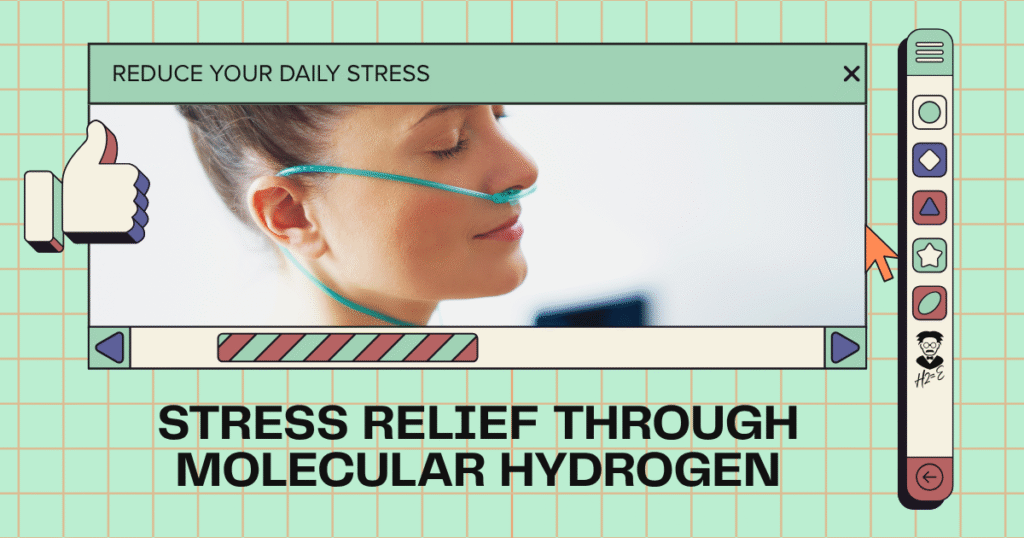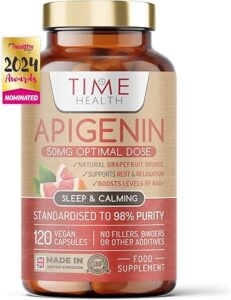What is Molecular Hydrogen Therapy?
Molecular hydrogen (H₂) therapy involves introducing molecular hydrogen into the body, typically through inhalation or drinking hydrogen-rich water. But what exactly is molecular hydrogen? It’s simply two hydrogen atoms bonded together, forming a molecule. This seemingly simple molecule boasts proven powerful antioxidant and anti-inflammatory properties.
How Does it Work?
Our bodies constantly battle oxidative stress caused by free radicals – unstable molecules that damage cells. This stress is exacerbated by modern lifestyles, including poor diet, pollution, and, of course, daily stressors. Molecular hydrogen acts as a selective antioxidant, targeting only the most harmful free radicals while leaving beneficial ones intact. This selective action is crucial, as some free radicals play important roles in cellular signaling.
Furthermore, H₂ can easily penetrate cell membranes and even cross the blood-brain barrier, reaching areas other antioxidants struggle to access. This allows it to directly neutralize free radicals within cells and support overall cellular health.
The Mental Health Perks
Here’s where it gets interesting: the brain is particularly vulnerable to oxidative stress due to its high metabolic activity and lipid content. Studies suggest that molecular hydrogen can help reduce oxidative stress in the brain, potentially leading to several stress related benefits, including:
- Reduced Anxiety: By mitigating oxidative stress, H₂ may help regulate neurotransmitters involved in mood and anxiety.
- Improved Mood: Some studies indicate that molecular hydrogen can positively influence mood and alleviate symptoms of mild depression.
- Enhanced Cognitive Function: Protecting brain cells from oxidative damage can contribute to improved memory, focus, and overall cognitive performance.
- Stress Reduction: By tackling the underlying oxidative stress response, H₂ can help the body better manage and adapt to daily stressors.
Incorporating H₂ Into Your Routine
Ready to explore the potential benefits of molecular hydrogen? Here are some practical ways to incorporate it into your daily life:
- Hydrogen-Rich Water: At H2=E, with all of our hydrogen machines, you can easily make molecular hydrogen rich water, by simply adding the diffusion stone onto the hydrogen output, and then allow the H2 to bubble, into a glass of water for 2 to 3 minutes, and then drink.
- Hydrogen Inhalation: Also, at H2=E, with all of our hydrogen machines, you can also Inhale molecular hydrogen, by using a breathing cannula, both ways are effective ways in absorbing molecular hydrogen.
Important Note: Consult with your healthcare provider before starting any new therapy, especially if you have underlying health conditions or are taking medications.
What Else Incorporate with Molecular Hydrogen for Stress?
Many people already know about using magnesium glycinate to help with relaxation, and out of all the different types of magnesium this is the best one for relaxing the body. Yet what many people do not know about is Apigenin, it is often extracted from chamomile, yet in a normal cup of chamomile tea, there is a very small amount of apigenin. This compound has been shown to help with reducing stress and anxiety, hormone regulation and reducing inflammation. What I like personally with this herb/compound, is that I often take 1 capsule in the evening one hour before sleep. What I notice is the quality of sleep I get from adding apigenin, is a much deeper quality sleep, with no draw backs, and more motivated and clearer headed the next day. The combination of Hydrogen Therapy, Mag Glycinate and Apigenin is a winning formula for reducing over thinking anxiety and stress.
The Bottom Line
Molecular hydrogen therapy offers a promising and potentially powerful approach to reducing oxidative stress and supporting mental wellness. While more research is needed to fully understand its long-term effects, the existing evidence suggests that it may be a valuable tool for managing daily stress and promoting overall well-being. As always, informed decisions and a holistic approach to health are key.



